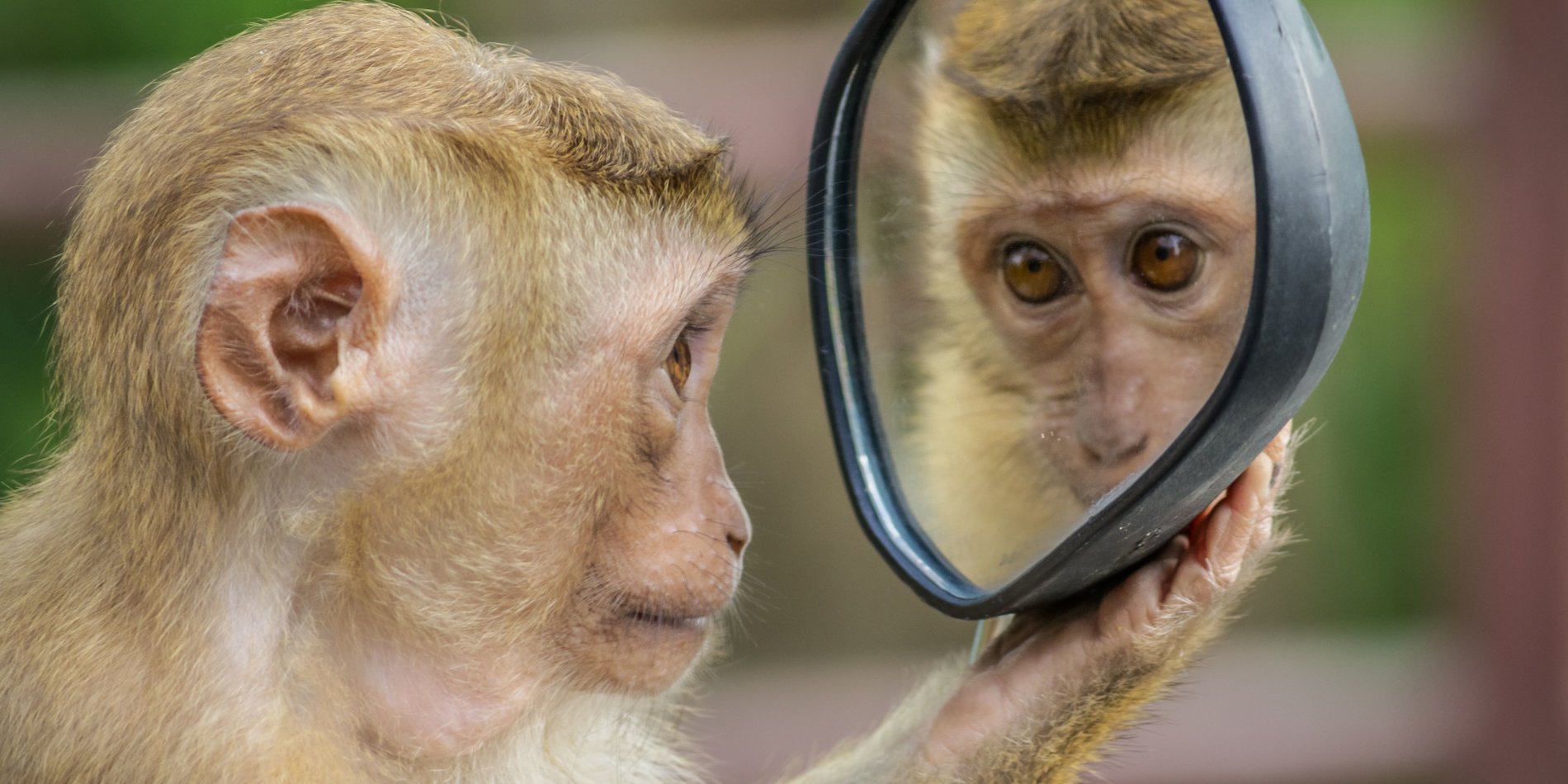Course Description
This course will explore the idea of “the ape” in science, art, history, and film. The idea that apes are humanity’s nearest animal relatives is only about 150 years old. We’ll look at how and why that idea emerged and why it was so controversial. Then we’ll explore some of the many ways humans have looked at and used apes, including Nim Chimpsky, the chimpanzee raised as a human child; films such as Planet of the Apes and 2001: Space Odyssey; art and propaganda using apes; and the place of apes in natural history museums and zoos. Taught in conjunction with an exhibit on ape imagery at the Stanford Library curated by Professors Riskin and Winterer in 2024, the course will culminate in students’ own miniature exhibits for a class-generated “Ape Museum.”
Meet the Instructors: Jessica Riskin & Caroline Winterer
“We are both historians in the Department of History, very interested in the history of science and how science makes its way into everything we do: art, literature, film, museums, industry, etc. Jessica Riskin is an expert on ideas about evolution, and on automata, machines that seem to be almost alive. Caroline Winterer is an expert on early American history, and has just finished a book on the idea of deep time (that the earth is billions of years old, and not just 6,000).”






